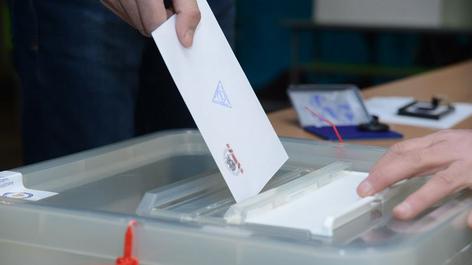- 10 May, 2016
- Elections

As it is known, the RA Government proposes to introduce an electronic system of voter registration in the polling stations according to the Draft Electoral Code to be adopted in the near future.
The Draft suggests that the voter who has come to the polling station shall first of all approach the electronic system specialist with an identity document (passport or ID) and the latter shall register the voter by the system. The system, in its turn, shall make sure that the given voter is included in the voter list of the polling station and that the voter is voting for the first time (i.e. there is no attempt of double voting), after which he shall print the ballot paper and hand it to the voter.
And though at first sight and judging from the statements of the authorities this system reduces the human factor, the reality is different.
The point is that according to Part 2 of Article 66 of the Draft Electoral Code, “if the submitted identity document cannot be read by the device, the specialist shall input the number of the passport or ID in the technical device using the keyboard”.
It means that if the electronic system specialist has the passport data of any absent voter, he/she can easily register the voter and vote instead of the voter without an identity document. In this way, double voting can happen instead of all the voters who haven’t come to vote if the polling station remains out of range of control of civil society and opposition even for a short period of time.
And if we take into account that new mechanisms of withdrawing observers, journalists and proxies from the polling station are being introduced by the Draft Electoral Code, the large-scale double-voting will not be difficult to do in case of an unlawful deal among the members of the Precinct Electoral Commission.
It is worth mentioning here that the electronic system will also take the voter’s fingerprint in order to find out later if the same fingerprint has appeared in other polling stations. Hence, the fingerprint identification system will not prevent fraud in any way because each time the criminals can vote with another finger (a person has 10 fingers) or they can make the fingerprint unreadable.
In other words, the electronic system of voter registration will not exclude the human factor and will not prevent voting instead of another person if there is an unlawful deal among precinct electoral commission members. Moreover, if we take into account that the previous application of other electronic systems by the Central Electoral Commission has (as a rule) yielded inexplicable results in favor of the ruling party (see the article Central Electoral Commission has “Painted Electronic Lottery Results), we can contend that the introduction of those systems will not increase public trust towards the elections in any way.
“Union of Informed Citizens”


 Հայ
Հայ Рус
Рус


